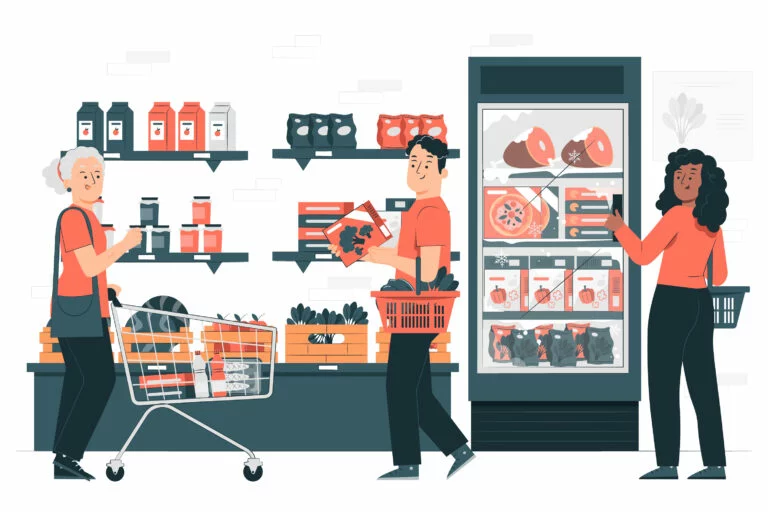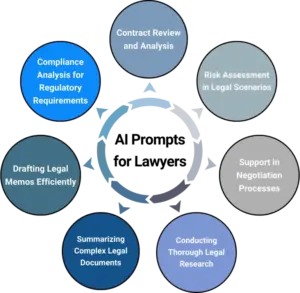The retail industry is highly competitive and constantly evolving, with retailers facing challenges related to supply chain management, changing consumer demands, and regulatory compliance. In such a dynamic landscape, retailers must optimize their operations, reduce costs, and ensure compliance with legal requirements.
This is where Contract Lifecycle Management comes into play. CLM refers to the management of an organization’s contracts from initiation through execution, performance, and renewal/expiry. By effectively managing the entire lifecycle of contracts, retailers can streamline their operations, reduce revenue leakage, and maximize growth potential.
The use of CLM software has become increasingly important for retailers, as it enables them to automate and streamline their contract management processes. With Contract lifecycle management (CLM) software, retailers can create, review, approve, and execute contracts more efficiently, reducing manual errors and improving accuracy. This not only saves time but also ensures that contracts are managed in a consistent and compliant manner.
Understanding CLM in the Retail Industry
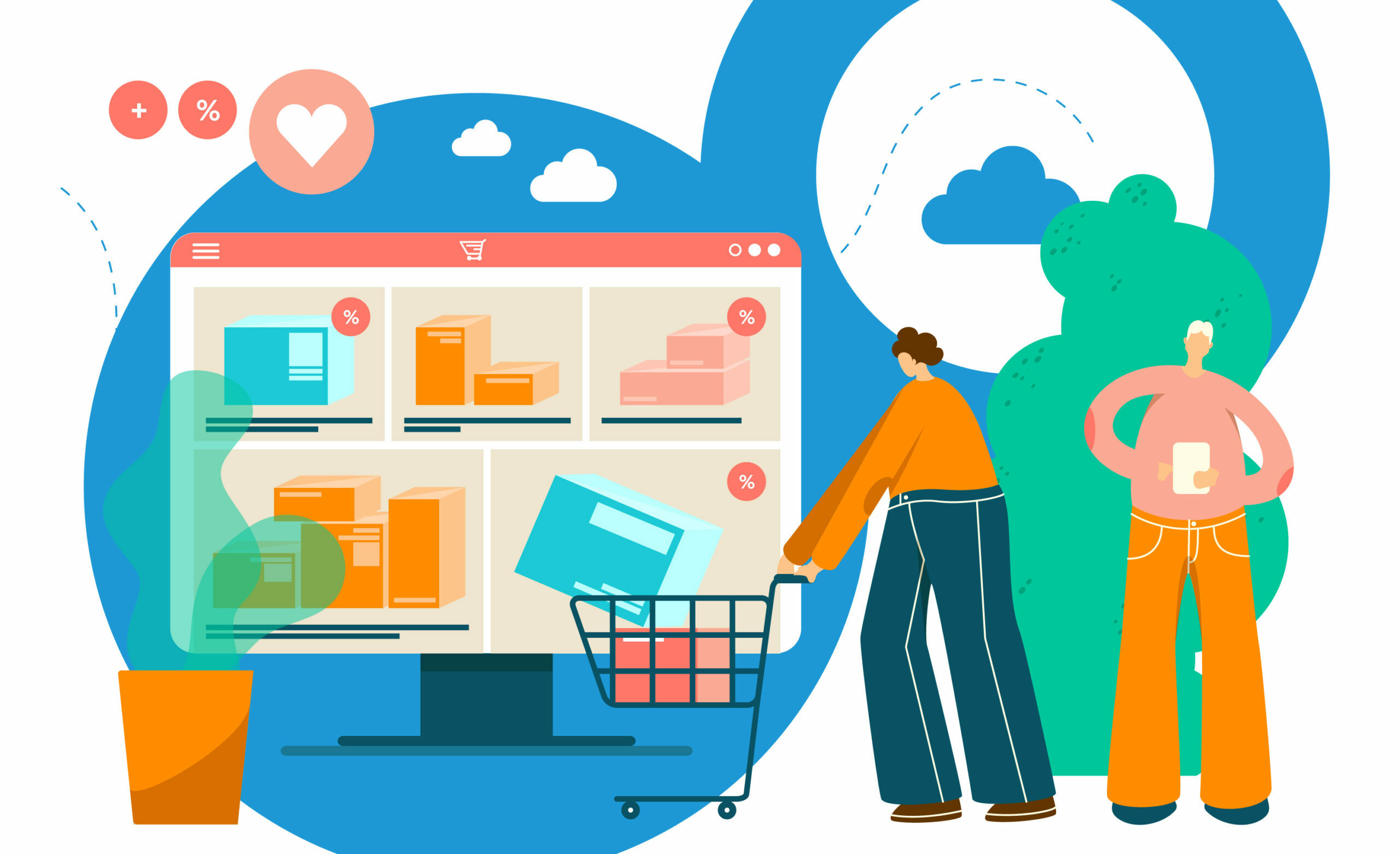
In retail, managing contracts is essential for smooth operations, reducing risks, and boosting profits. The retail supply chain includes suppliers, distributors, landlords, and service providers. These relationships are managed through contracts that detail agreed terms and conditions. Because there are many complex contracts, retailers need a strong contract management system.
Contract Lifecycle Management software in retail handles contracts from start to finish, including creating, reviewing, approving, and executing them. A good CLM system ensures contracts are accurate, thoroughly reviewed, quickly approved, and timely executed.
It is crucial for smooth supply chain management. This software helps retailers manage their supply chain contracts, ensuring clear terms and adherence by all parties. This reduces disputes, improves supplier relationships, and makes the supply chain more efficient.
The Importance of CLM for Retailers
Impact on Revenue and Profitability
Managing contracts well is crucial for retailers as it directly influences their revenue and profitability. Proper contract management helps minimize revenue leakage and reduce costs by ensuring that all contractual obligations are met efficiently
Enhanced Supplier Relationships
Effective contract management is crucial for retail success as it fosters strong relationships with suppliers and business partners. By ensuring clear terms, timely renegotiations, and compliance, retailers can enhance trust and collaboration. This not only supports smooth operations but also enables strategic partnerships that drive mutual growth and innovation in the competitive retail landscape.
Ensuring Compliance
Efficient contract management helps retailers follow the law. This prevents legal problems and keeps them in good standing with regulators. By staying compliant with regulations in contracts, retailers can operate smoothly without facing fines or legal actions. This builds trust with authorities and protects the business’s reputation in the industry.
Related Article: How Financial Industry Get Benefit From CLM Software?
Key Components of the Retail Industry
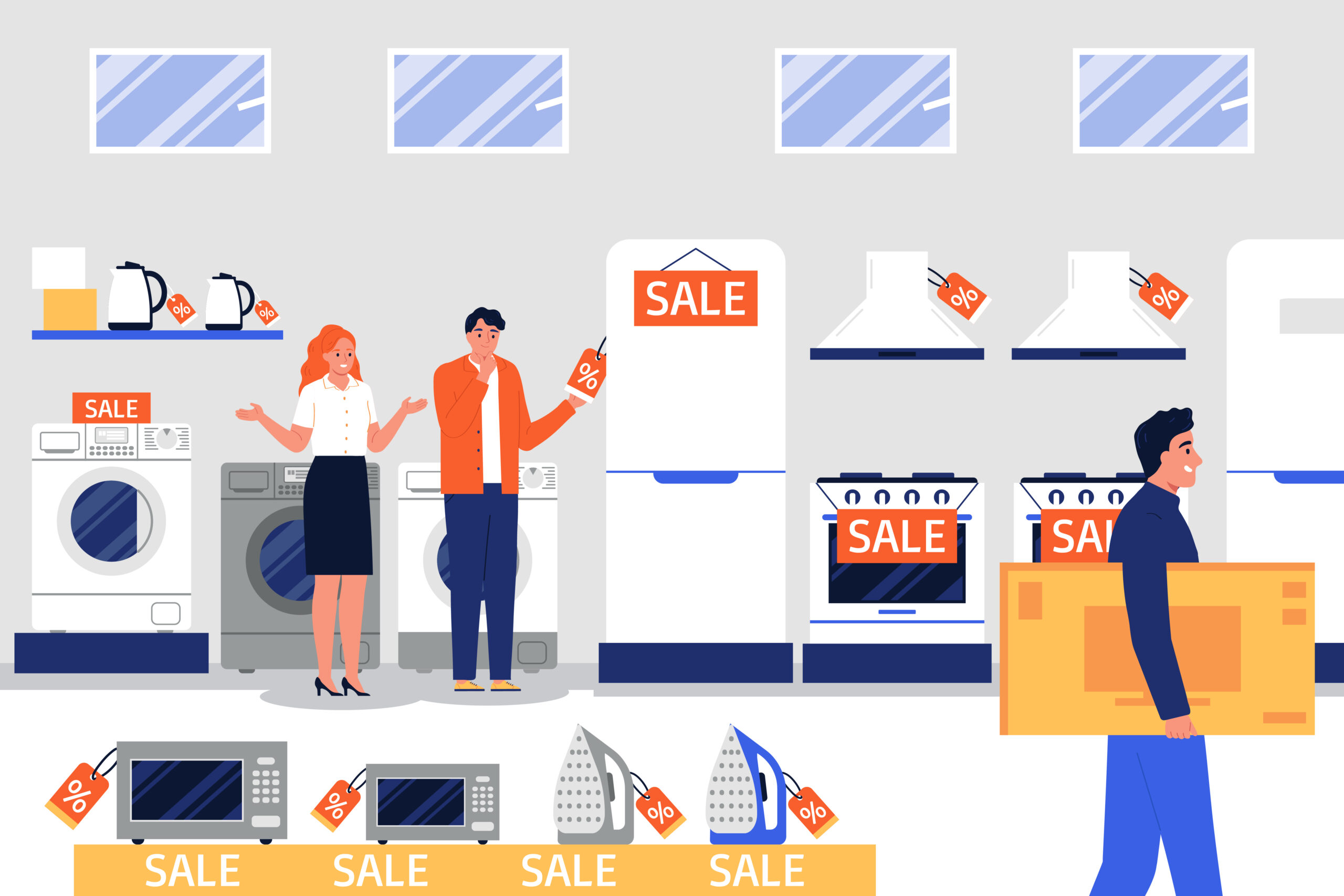
Merchandising: This involves everything related to how products are selected, priced, displayed, and promoted in stores or online. It’s about making products attractive and accessible to customers.
Sales and Customer Service: This component focuses on the entire customer journey, from the moment they show interest in a product to the point of sale and even after-sales service. Good customer service can build loyalty and repeat business.
Store Operations: This component covers all the activities that keep physical stores running smoothly, such as staffing, scheduling, store layout, cleanliness, and maintenance. Effective store operations contribute to a positive customer experience and operational efficiency.
Inventory Management: Efficiently managing inventory involves keeping track of stock levels, ensuring products are available when customers want them, and minimizing costs related to storage and overstock.
Supply Chain Management: This encompasses the process of managing the flow of goods from suppliers to retailers and eventually to customers. It involves logistics, transportation, and ensuring products reach the right place at the right time.
Related Article: How Can Pharmaceutical Industry Benefit From CLM Software
Types of Contracts Used in Retailing

Supplier agreements
Supplier agreements in retail are contracts that set rules between stores and their suppliers. They cover things like prices, delivery times, product quality, and how payments work. These agreements also talk about warranties and who owns the rights to products.
Sometimes, they say the supplier can only sell to that store and not to others. These contracts are important for keeping products on shelves, controlling costs, and making sure stores get what they need from suppliers. They help both sides understand their roles, avoid problems, and keep business running smoothly in retail.
Lease Agreements
Lease agreements in retail are contracts that stores sign to rent space from landlords. They include details like rent amount, how long the lease lasts, who takes care of maintenance, and rules about using the space. These contracts are important because they secure the location where stores operate, ensuring they can sell their products. They help both sides know what they need to do, which avoids problems and keeps the retail business running smoothly.
Marketing and Advertising Agreements
Marketing and advertising agreements in retail are contracts that stores make with agencies or platforms to run ads. These contracts say what services will be provided, the goals of the ads, how much they’ll cost, when they’ll run, and how success will be measured. They’re important because they help stores get the right ads to bring in customers and sell products. These agreements also make sure everyone knows what to do, which keeps the retail business running smoothly.
Franchise Agreements
Franchise agreements in retail are contracts between the owner of a franchise and the person running the franchise store. They lay out how the store can operate using the franchise’s brand and business methods. These contracts cover rules, fees, and the support the franchise owner provides. They’re important for keeping the store consistent with the franchise’s standards and making sure both sides know what to do for the business to succeed.
Related Article: Contract Management Software (CLM) For Transportation Industry
Retail Industry Problems
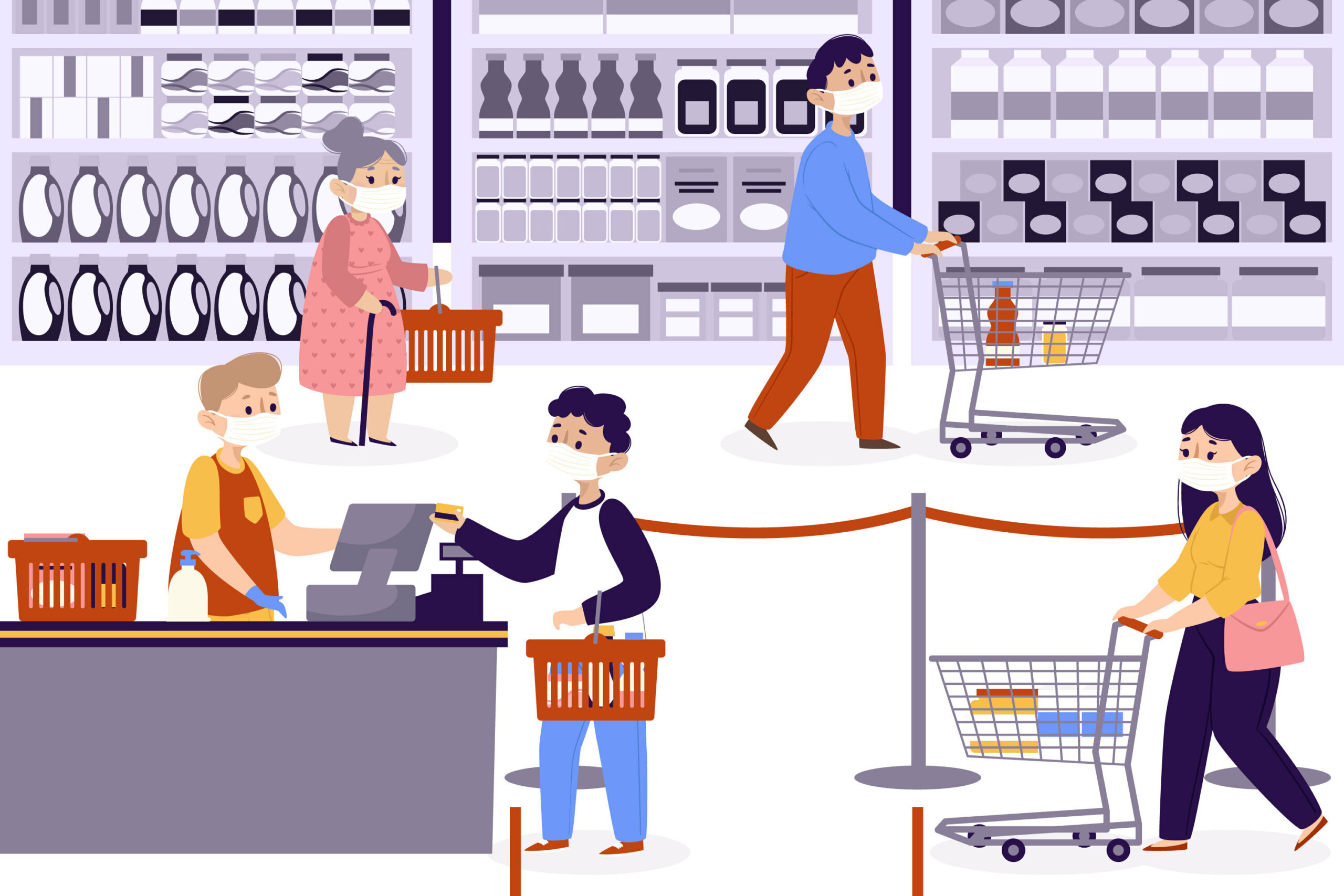
Shifting Consumer Demands
Consumer preferences change often. Retail and FMCG companies need to quickly adjust what they offer and how they do business. They do this by studying trends, listening to customers, and watching competitors. Being fast and flexible helps them stay popular, gain new customers, keep old ones, and succeed against rivals.
Disjointed Supply Chains
When supply chain partners don’t work together well, it causes problems like delays in getting products, not having enough stock, and higher costs to run the business. If partners don’t coordinate or share information, it can lead to confusion about when products are coming or how much is needed. This can result in missed sales opportunities and extra expenses to fix problems. Good coordination and communication among partners help businesses run smoothly and save money.
Increased Expectations
Customers want things quickly, like fast delivery. They also like it when their experiences feel personal like the company knows them. They also want clear prices and information about products. Companies need to meet these expectations to keep customers happy and loyal.
Threat of New Competition
New companies that are changing the market challenge big retail and FMCG companies. These new companies are making it harder for the big ones to keep their customers and grow. This competition forces established companies to innovate faster and find new ways to keep their customers loyal. It’s a constant challenge for them to stay ahead in the changing market.
Manual Contracting
Managing contracts manually causes problems like delays, mistakes, and inefficiencies in how vendors are handled. When companies don’t use automated systems, it’s harder to keep track of contracts and stay organized. This can lead to missed deadlines, misunderstandings with vendors, and wasted time fixing errors. Switching to automated systems helps avoid these issues and makes managing contracts smoother and more accurate.
Related Article: Elevate Technology Industry With Contract Management Software
Overcoming Challenges in Retail with CLM Implementation

Implementing CLM software in the retail industry comes with its own set of challenges. However, by understanding and addressing these challenges, retailers can overcome them and reap the benefits of effective contract management. Key challenges in retail CLM implementation include:
- Resistance to change: Implementing this software requires a shift in processes and mindset, which can be met with resistance from employees. Effective change in management strategies can help overcome this challenge.
- User adoption: Ensuring user adoption of Contract management software is crucial for successful implementation. Providing training and ongoing support can help drive user adoption and maximize the benefits of CLM.
- Data migration and integration: Integrating this software with other systems and migrating contract data can be complex. Careful planning and collaboration with IT teams can help overcome this challenge.
Related Article: Contract Migration: Expert Tips For Success
Volody’s AI CLM Software for the Retail Industry

Volody’s AI contract management software is tailored to support retail and FMCG companies in preventing revenue loss. It achieves this by improving transparency in supplier agreements and effectively monitoring vendor performance against agreed-upon commitments.
This software enhances operational efficiency by providing real-time insights into the status of contracts from both procurement and sales perspectives. It also ensures timely reminders for fulfilling obligations, optimizing the entire contract lifecycle through digitization. By leveraging Volody’s AI CLM software, companies can streamline contract processes, reduce errors, and enhance overall productivity across their operations.
Features of Volody’s AI CLM Software
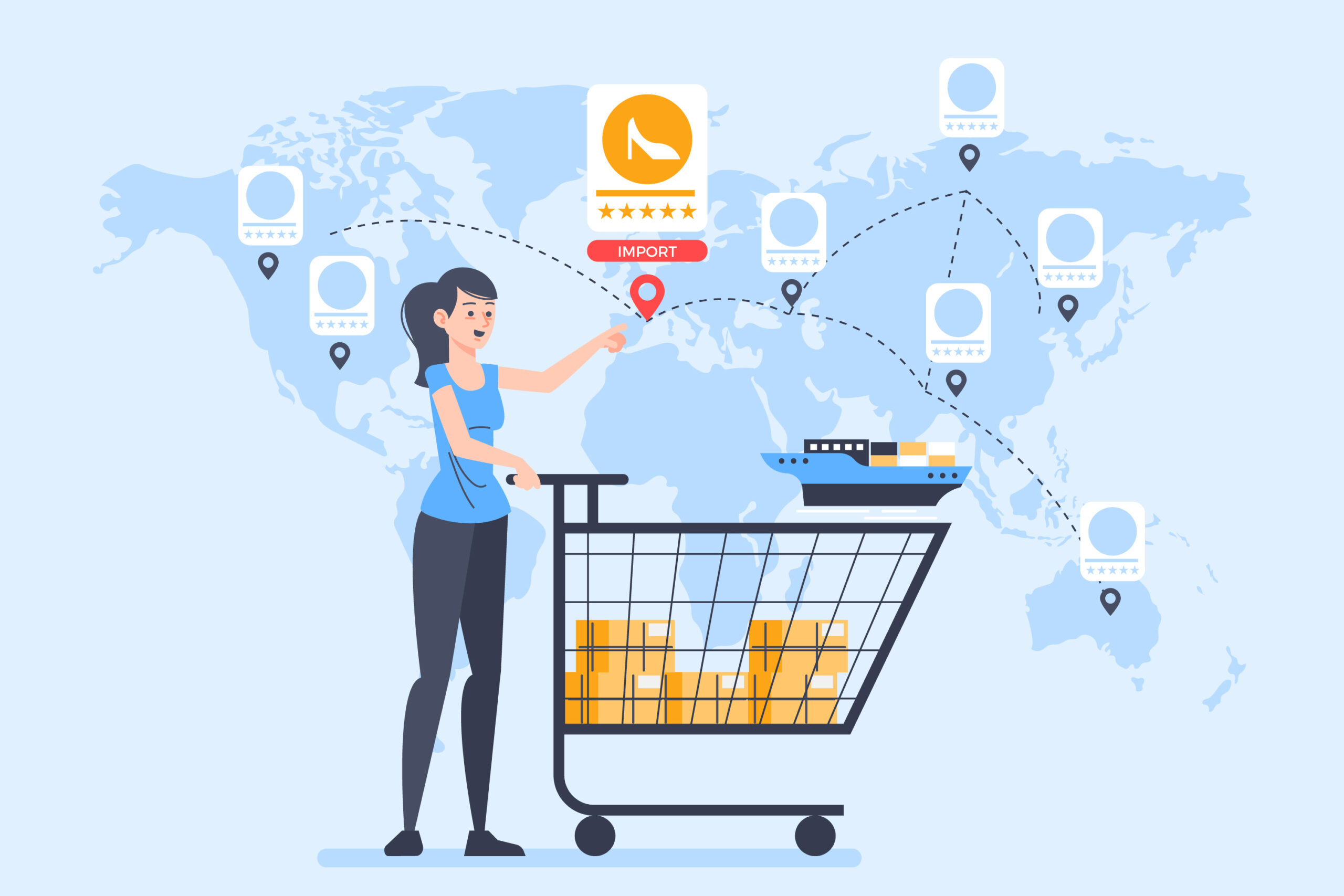
Accerlate Approvals
Volody’s CLM software helps retail businesses approve contracts faster by using customizable workflows, reducing the time it takes to finalize agreements by half. It shows real-time updates on approvals, makes sure everything follows the rules and works well with current systems. This makes operations smoother and helps businesses grow.
Manage Spend
In retail, Contract Lifecycle Management software centralizes contracts, tracks spending, automates tasks, and sends alerts for key dates. It ensures favorable terms, aids in negotiating better deals, ensures compliance and reduces risks with detailed records. These features enhance financial management and streamline dealer contract handling.
Risk & Compliance
Retail Contract management software uses AI to find contract risks and compliance issues. It gives insights and automatic alerts for fast responses. It keeps detailed records, generates audit reports, and stores contracts centrally to prevent miscommunication. Customizable risk criteria enhance effective management, ensuring contracts are safe and compliant.
Enhance Supplier Relationship
Enhance supplier relationships by closely monitoring how well suppliers fulfill their agreements and reminding them promptly of their responsibilities and deadlines. This approach ensures that both parties stay on track with their commitments, fostering better collaboration and trust.
Smart Dashboard
Use a smart dashboard to effortlessly manage all contracts and expiration dates. Dive into details with ease and create custom management information system (MIS) reports for better insights and control over operations.
Related Article: Top 10 Contract Management Best Practices In 2024
Frequently Asked Questions
What Are the First Steps in Adopting CLM in Retail?
To start using CLM in retail, begin by starting the process, identifying who’s involved, setting up how contracts are handled, and making sure everyone in the organization can see what’s happening.
How Does CLM Help in Managing Multi-channel Retailing?
CLM helps manage multi-channel retailing by keeping all contracts in one place, making contract management easier and allowing quick adjustments. It ensures clarity across different channels, simplifies contract tasks, and boosts teamwork.
Can Small Retail Businesses Benefit from CLM?
Small retail businesses can benefit from CLM. It’s user-friendly, saves costs with automation, scales as the business grows, and helps streamline contract management processes.
Conclusion
In summary, Contract Lifecycle Management is crucial in retail for improving efficiency, meeting rules, and simplifying contracts. When combined with CRM and ERP systems, it gives retailers a complete view of customer data and helps them run better.
Even though implementing contract management software can be challenging, following best practices and selecting the right contract management solution for your retail business can lead to a smooth introduction. Recognizing how CLM enhances growth potential is crucial for retailers aiming to stay competitive in a changing market.
